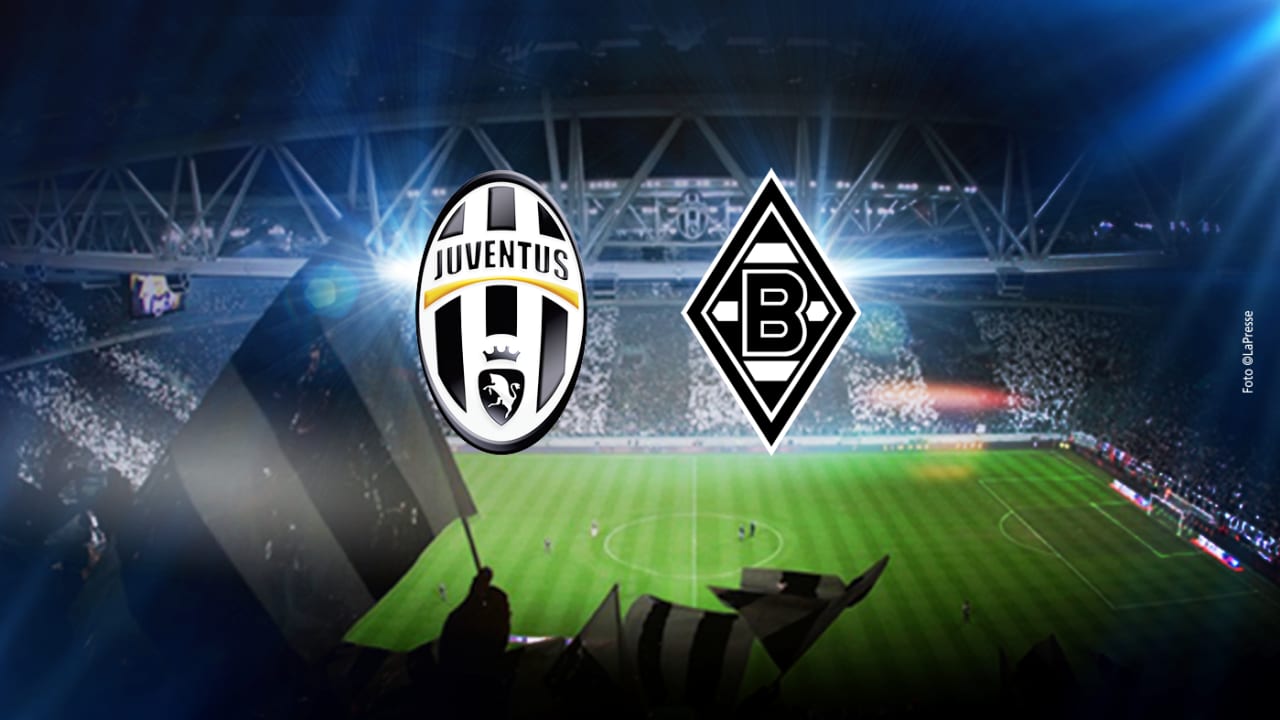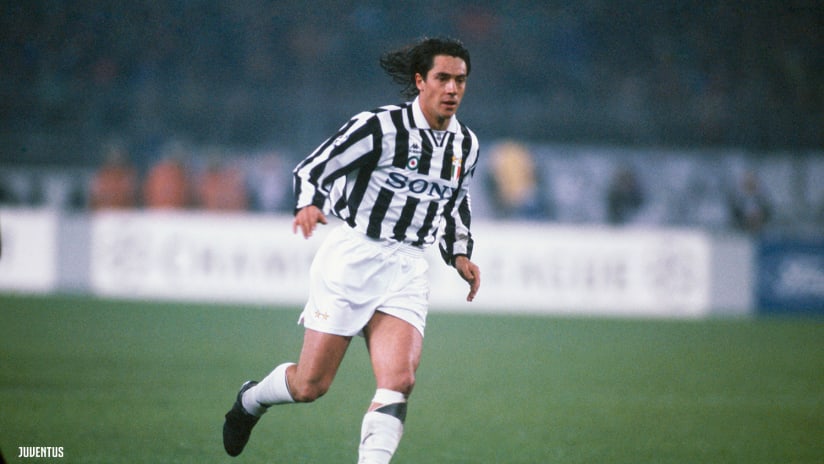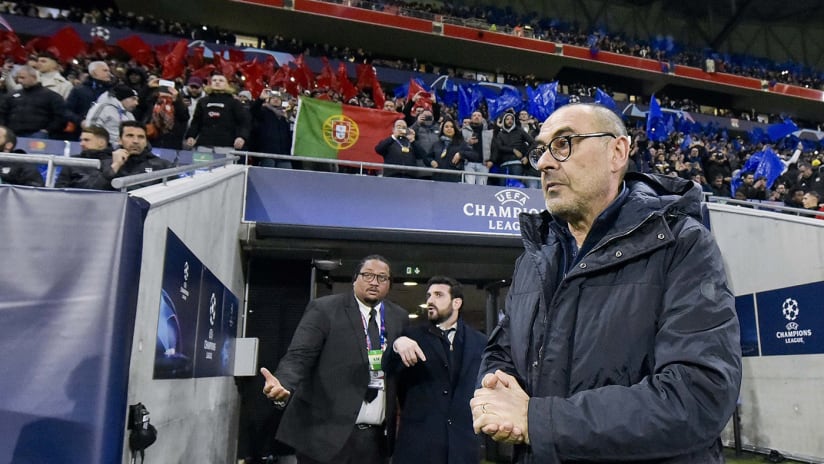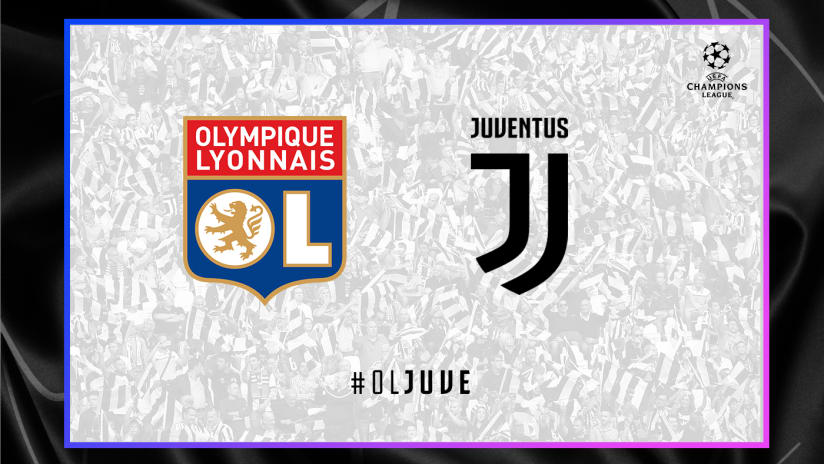19 October 2015
Borussia Monchengladbach may be an unfamiliar name to younger fans as Andre Schubert’s side make their Champions League debut this season, but should be one revered by those that grew up watching German football in the 1970s.
A story of past glories, recent revivals and new beginnings, here is everything there is to know about the Bianconeri’s next Group D opponents.
history
Founded in 1900, the Bundesliga’s third-placed side last season only appeared in Germany’s top flight for the first time in 1965 and it was in the years that followed that Gladbach announced themselves on the biggest stage in club football.
Playing with an eye-catching style built around the exciting talents of Jupp Heynckes and Gunter Netzer, the unfancied Monchengladbach outfit secured back-to-back third place finishes in 1968 and 1969.
The best though was yet to come as the Foals, so named for their faith in young players, lifted their first and second league titles in 1970 and 1971, becoming the only club to have retained the trophy until that point.
Four years later however, under the guidance of legendary coach Udo Lattek, the Borussians went one better to break their own record, remarkably winning the Bundesliga three times in a row between 1975 and 1977.
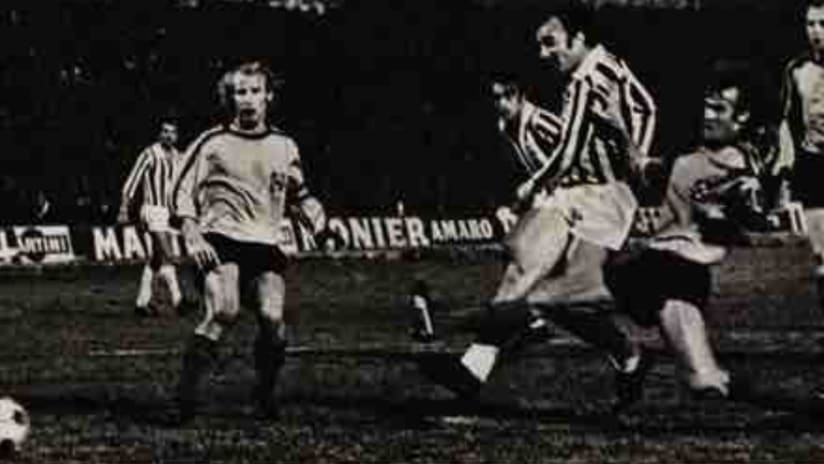
While dominating the domestic scene, Gladbach also impressed on the continent, lifting the Cup Winners’ Cup on two occasions in 1973 and 1975 before reaching the European Cup final in 1977 where they would lose 3-1 to Liverpool.
In that glorious eight-year spell, Berti Vogts and co. appeared in five European finals, winning two and losing three.
Leaner years would follow and it wasn’t until the arrival of recently departed coach Lucien Favre that the Foals began to reassert themselves as one of Germany’s key footballing powers.
Arriving at the turn of the year in 2011 with the club deep in the drop zone, Favre guided Gladbach to safety via a relegation play-off.
Building on his successful first campaign, the ex-Hertha Berlin boss propelled his side to fourth place in 2011/12 and then remarkably steered the Foals to the Champions League group stages for the first time last season.
Five defeats in as many games at the start of the new term though prompted the Swiss, considered as one of the finest managers in The Foals’ recent history, to resign, handing the reins to the club’s U23 coach Andre Schubert.
manager
The departure of Favre has presented an unexpected opportunity to the 44-year old Schubert.
With extensive experience on the training ground at various levels within the German FA, Gladbach’s interim coach began his managerial career with SC Paderborn, taking the minnows to the country’s second tier having previously been in charge of the team’s reserve squad.
A spell at the same level followed with St.Pauli before the Germany U15 tactician arrived at Borussia Park this summer to coordinate the club’s youth operations and Schubert could not have wished for a better start overseeing four successive Bundesliga wins to lift them off the bottom and into mid-table.
stadium
With a maximum capacity of 59,724, reduced to 46,279 for European fixtures, Borussia Park is one of Germany’s many modern, purpose-built football stadia.
Inaugurated in 2004 and replacing the old Bokelbergstadion, Gladbach’s impressive and atmospheric new home is fitting of the club’s illustrious past and its promising future.
Situated in Hennes Weisweiler Allee, named after the Foals’ iconic manager of the mid 1960s and early 1970s, the venue also hosts the club’s youth academy whose young pupils study and live on site.
While the stadium was overlooked for the men’s World Cup in 2006, Borussia Park did play host to three Women’s World Cup fixtures in 2011, including USA’s 3-1 semi-final win over France.
how are they looking for wednesday?
Despite losing their opening two Champions League Group D fixtures against Sevilla (3-0) and Manchester City (2-1), Wednesday night’s visitors to Juventus Stadium enter Matchday 3 as one of Europe’s form teams, picking up a maximum 12 points from their last four league games.
Having only found the target twice in their opening five Bundesliga encounters, since the accession of Schubert, Gladbach have well and truly found their scoring touch, netting 15 times in all competitions.
Sticking to Favre’s favoured narrow 4-4-2 formation, Schubert has made subtle yet thus far positive changes, appointing influential Swiss international Granit Xhaka as captain in the absence of the injured Martin Stranzl while installing 19-year old Mahmoud Dahoud at the centre of his midfield. Both players have repaid the faith, bagging two goals each in recent weeks.
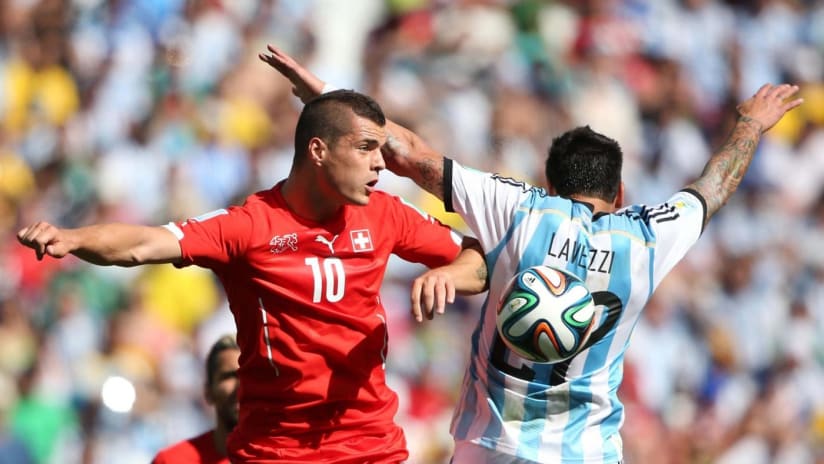
Further forward, the change of coach has also seen the return to form of Brazilian striker Raffael who has notched three in as many domestic games since September, linking up well with fellow frontman Lars Stindl.
Though the Foals defend deep and in numbers, the pace of wingers Ibrahima Traore and Fabian Johnson, coupled with the energy of Xhaka and Dahoud from deep, will mean that the Bianconeri will have to attack with caution and be at their very best to earn their third victory on the bounce in Group D.
As Gladbach have shown in the Bundesliga, their position in both tables would appear to be a false one.

